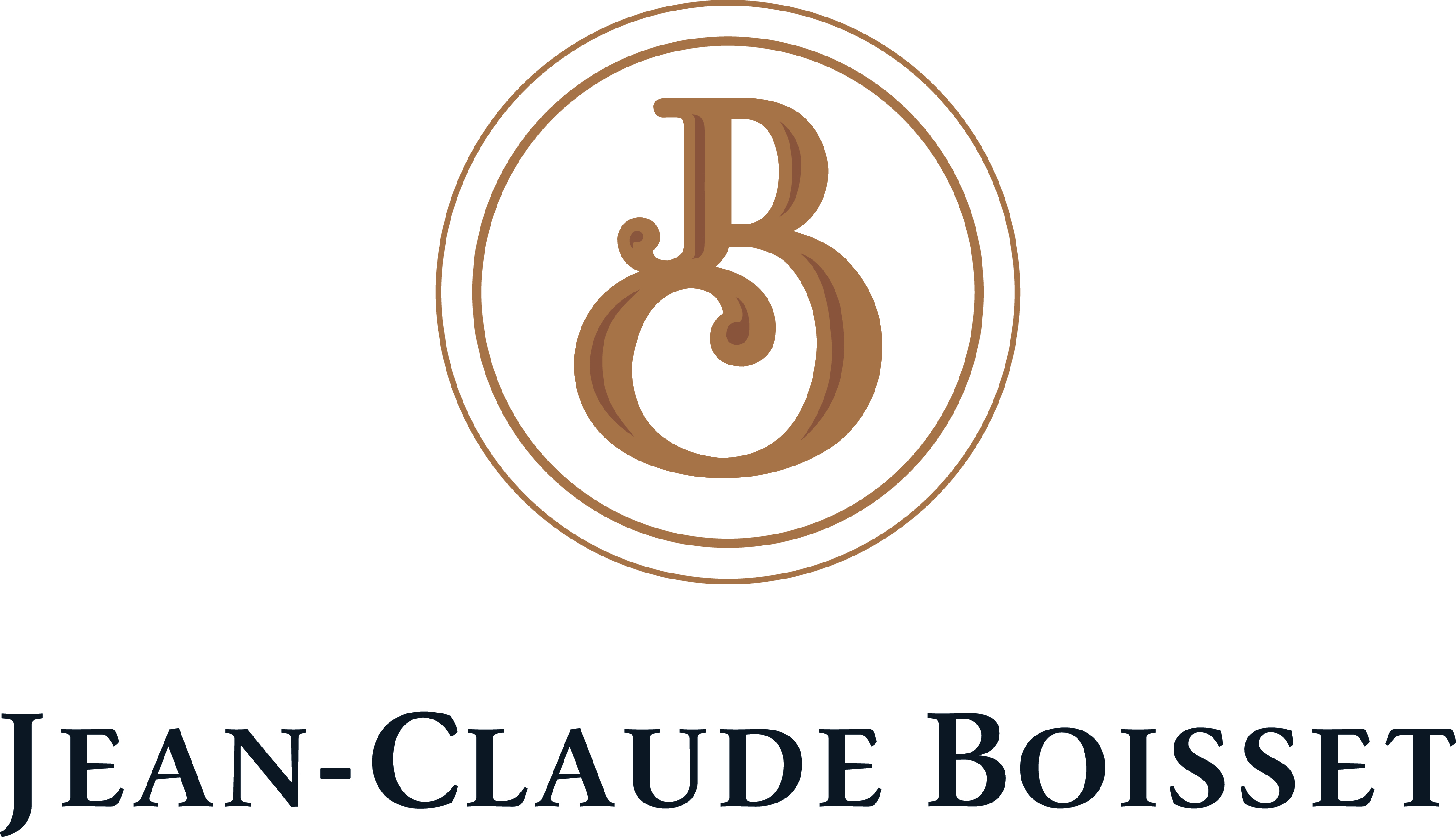Grégory Patriat is the accomplished winemaker at the helm of Nuits-Saint-Georges négociant Jean-Claude Boisset. Previously head viticulturist and assistant winemaker at the legendary Domaine Leroy, Grégory has brought a detailed, vineyard-led approach to Jean-Claude Boisset and produces wines that are truly reflective of their lieu-dits. It is a testament to his skill, that after tasting the 2021 vintage, Jancis Robinson MW wrote that she “was utterly knocked out by the balance and refinement of Grégory Patriat’s wines at J-C Boisset”.
Founded by the Boisset family in 1961, the estate is now based in Les Ursulines, a former convent in Nuits-Saint-Georges that has been converted into a state-of-the-art, gravity-fed winery. Grégory sources fruit from parcels across the Côte d’Or and has very close and long-standing relationships with the growers he works with, monitoring progress throughout the growing season on his regular runs through the vineyards. He determines the harvest dates of each vineyard, with two thirds hand harvested by the Jean-Claude Boisset team, allowing even greater control over quality. Grégory’s knowledge of, and passion for, Burgundy is unrivalled. A member of ‘Les Aligoteurs’, he gets just as excited about his Aligoté ‘Les Moutots’ as he does his trophy-winning Clos de la Roche Grand Cru.
The Jean-Claude Boisset whites are gently whole-bunch pressed, then racked to 450-litre demi-muids for fermentation with indigenous yeasts. Following fermentation, the wines undergo a period of oak ageing, with varying percentages of new oak used depending on the lieu-dit and vintage. The range includes some rare examples of Marsannay Blanc and Fixin Blanc, both hailing from traditionally red wine appellations in the far north of the Côte de Nuits.
The Hautes Côtes de Nuits Blanc is an elegant, perfumed wine from organically farmed 40-year-old vines planted in some of the highest vineyard sites of the Côte. The Meursault ‘Le Limozin’, hails from up to 100-year-old vines in what many refer to as a Meursault ‘2ème Cru’, located immediately below prime 1er Cru ‘Les Genevrières’. The Santenay 1er Cru ‘Passetemps’, which Grégory describes as “a baby Chassagne”, is sourced from two sites on a hillside located just below the 'Clos de Mouches' vineyard.
The reds all undergo cool maceration prior to fermentation with indigenous yeasts, with only a few gentle punch downs in stainless-steel tanks. Again, varying percentages of whole-bunch and new oak are used, depending on the lieu-dit and vintage.
The Chorey-lès-Beaune ‘Les Beaumonts’ hails from vines planted in 1902 and is the oldest parcel that Grégory works with. The berries from these low-yielding bush vines are so small that he refers to them as “Pinot Noir caviar” and believes the wine produced from them could easily be mistaken for a Grand Cru in a blind tasting. The Nuits-Saint-Georges ‘Tribourg’ is made from a lieu-dit just 400 metres from the winery, planted on clay soils peppered with pebbly limestone slope wash. Grégory describes this staggeringly elegant wine as “Chambolle-Musigny in Nuits-Saint-Georges clothing”. Bursting with bright fruit and floral perfumes it is carried by velvety tannins and a vibrant acidity on the palate. The Clos de la Roche is arguably the jewel in the Jean-Claude Boisset crown. It is sourced from 55-year-old vines in the only north-south oriented plot within this Morey-Saint-Denis Grand Cru. Only one barrel is made each vintage, yet it has won the International Wine Challenge ‘Clos de la Roche’ Trophy an astounding five times.



